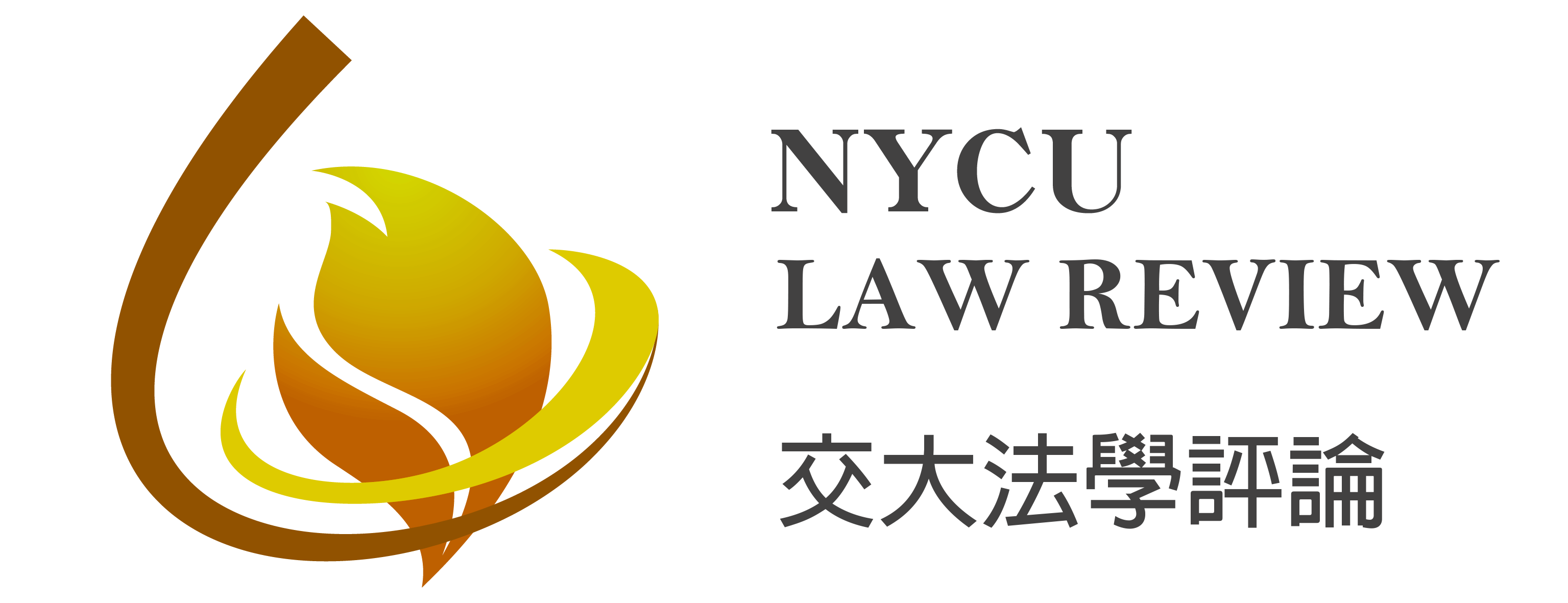| Title | |
| Impacts of ‘Science and Technology Basic Act’ on National Universities in Taiwan | |
| Author | |
| Shun-Liang Hsu, Chia-Tien Wu | |
| Keywords | |
| Science and Technology Basic Act, Bayh-Dole Act, National Property, Public Servant, March-in Rights | |
| Abstract | |
| Along with the rise of global knowledge-based economy, the government of Taiwan has laid much emphasis on the development of science and technology. Although there are relevant Articles addressing this issue in Constitution, it seems that the regulatory framework is still abstract. To follow the footstep of ‘Bayh-Dole Act’ in the United States, Taiwan promulgate ‘Science and Technology Basic Act’ in 1999. Subsequent amendments were done in 2003 and 2005 respectively. In 2011, the law has gone through another major modification, which obliges the government to raise annual budget for science and technology development, to provide substantial supports in human resources as well as infrastructure improvement, and to waive the research results from national property regulation. In addition, the establishment of an ad hoc research fund for Academia Sinica was consented. All these relaxations in law help create room for more research and development freedom. Nonetheless, detailed bylaws making does not catch up accordingly. As a result, either public servants in national research organizations or national university teachers are still subject to the old restraints. Moreover, relaxations in law also attract the attentions of patent trolls as an easy access for them to try to take advantage of the research results for generating profits. This paper proposes both shortterm and long-term solutions to better the current regulatory framework. Detailed implementation rules with legally binding forces are needed to further define ‘march-in rights’ in terms of scope and procedures. Long-term solution is also suggested to make a new law to regulate research activities between academia and the industrial sector. |
|
| Abstract | Article |
|
310 Downloads |
849 Downloads |
